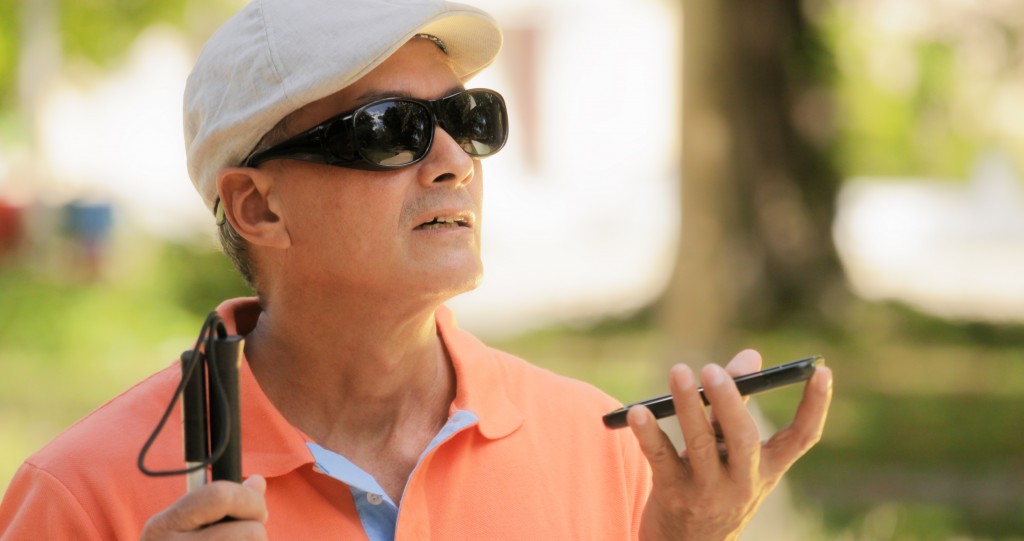The American Psychological Association (APA) reported that disabled people are more at risk for mental health issues during the COVID-19 crisis. Since we are going through a collective trauma, those in the margins are more significantly affected and have fewer resources to support social networks and socioeconomic resources.
Now more than ever, we need to put our money where our mouth is and find ways to meet the physical, social, and emotional needs of the disabled members of our community. If you find yourself intimidated by the prospect, here are a few places to start.
Partner with or join already existing organizations
Suppose you come from a bustling city or a town with a big population, likely. In that case, there are already existing non-profit organizations that are working to help meet the needs of the disabled community in your area. Some of these organizations include the American Association of People with Disabilities (AAPD), The Arc, National Organization on Disability (NOD), and the Invisible Disabilities Association. There are also most likely multiple chapters of these bigger organizations that operate in different towns and states. If you’re the religious type, check out your neighborhood’s churches or temples to see if they have specific ministries that were designed to reach out to the disabled community.
Do thorough research to see if there are organizations already doing the work, do your due diligence to see if everything they do is above board and if their values are aligned with yours, and don’t hesitate to join them.
Visit your disabled neighbors and see their plight firsthand
Research is one thing; being present is another. Sometimes the best kind of help is just being present. If you have friends who are battling disabilities of any kind—whether physical or mental—just be there. You won’t be able to know how to help exactly if you don’t see for yourself what their situation is like and if you don’t ask them what they need. Before you visit, though, make sure that you have their consent in entering their home and that you don’t have COVID-19. Once you’re in their home, make sure to keep a safe physical distance of at least six feet and wear your mask at all times.
Offer to do tasks for them. Don’t just assume what they need and how they feel; ask them. Be active in your listening. Offer to help out with their groceries or their mail and any other daily tasks they might have a hard time doing. Just be sure not to encroach upon their boundaries, though—the last thing you want is to be a burden in their home.
Help raise funds for those who need them
This is where partnering with existing organizations comes in. While you can certainly do your research and start your own movement, it’s more time-efficient to just help out where movements are already happening. This is because they already have a world of knowledge and information on when to start helping and access to and connection with disabled beneficiaries who need help. You can help raise funds by donating some from your own resources or spreading the word out about their initiatives.
Help disseminate information

There is still so much stigma and misinformation around disabilities, both the visible and the invisible. This stigma can greatly affect the quality of life in people with disabilities. While we non-disabled people can never truly have their lived experience, we can do our part in being true allies by arming ourselves with the right information and helping others gain access to this education. For example, not many people know details about certain diseases like down syndrome and how it causes intellectual disability. After consulting with a medical professional, you can partner with them in exploring the idea of an online down syndrome education class to help inform people and even families who have kids with down syndrome.
But of course, don’t do this yourself lest you risk robbing disabled people of their voice. Being an ally means not assuming anything about their lived experience or taking the mic away from them but amplifying their voice so that others hear them.
Be an Ally
Being an ally simply means living your life in a way that does not empower and reinforce the oppressive behaviors and systems that keep marginalized communities in the margins. To be an ally to the disabled community is to educate yourself, focus on your impact and not your intent, and be inclusive in your language and lifestyle. In a time like COVID-19, allies are sorely needed, and our disabled friends are always worth it.




